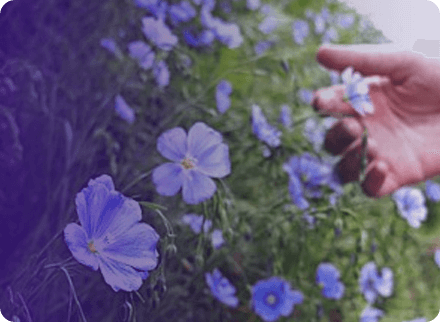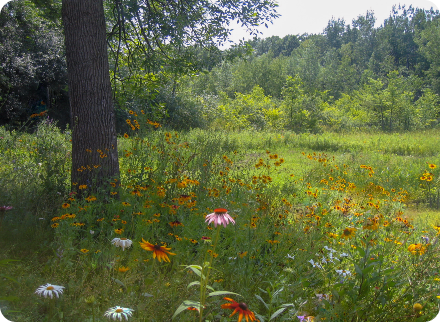Woodland Wildflower Seed Mix
Woodland Wildflower Seed Mix
 Yes!
This Item is Available
Yes!
This Item is Available
 Sorry!
This Item is not Available
Sorry!
This Item is not Available
EXTRA Discount! Spend $200 or More,
Take 20% Off! Use Code bulk20 at Checkout
Couldn't load pickup availability
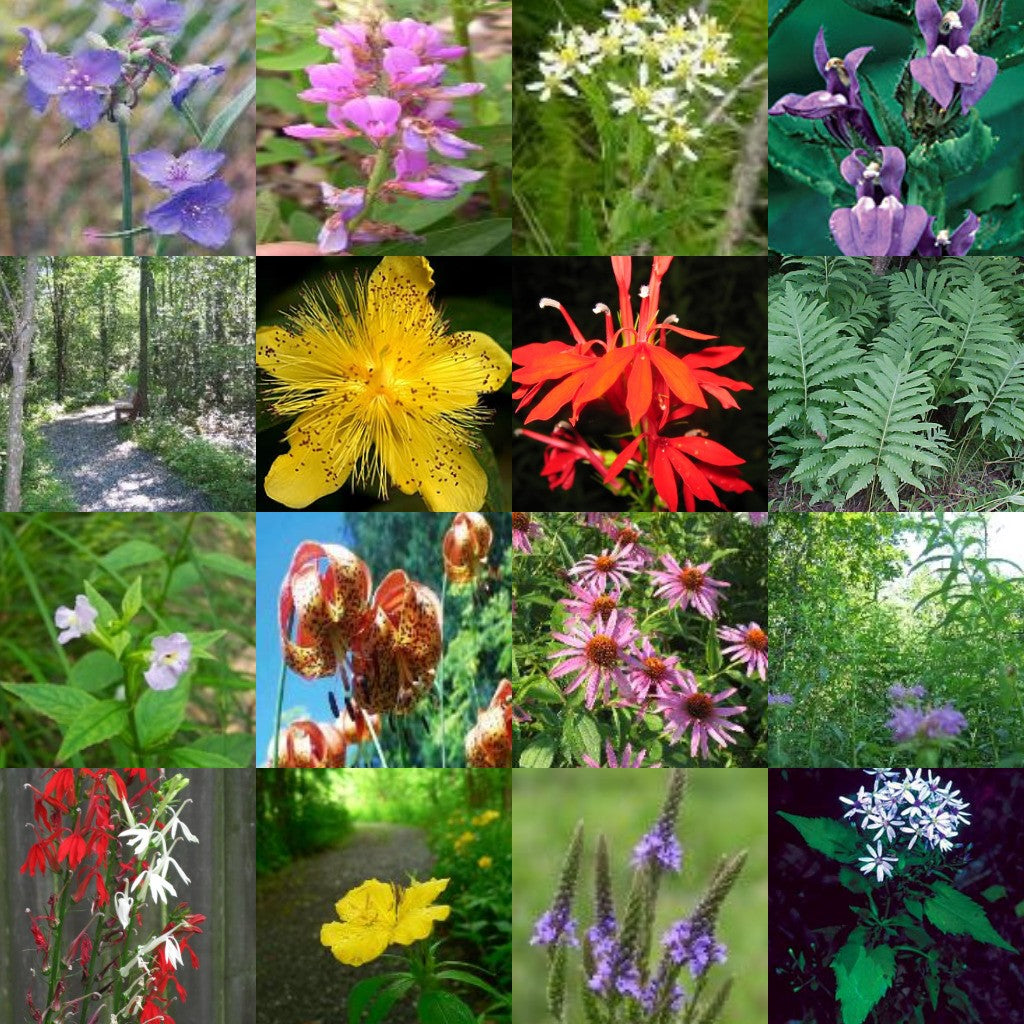
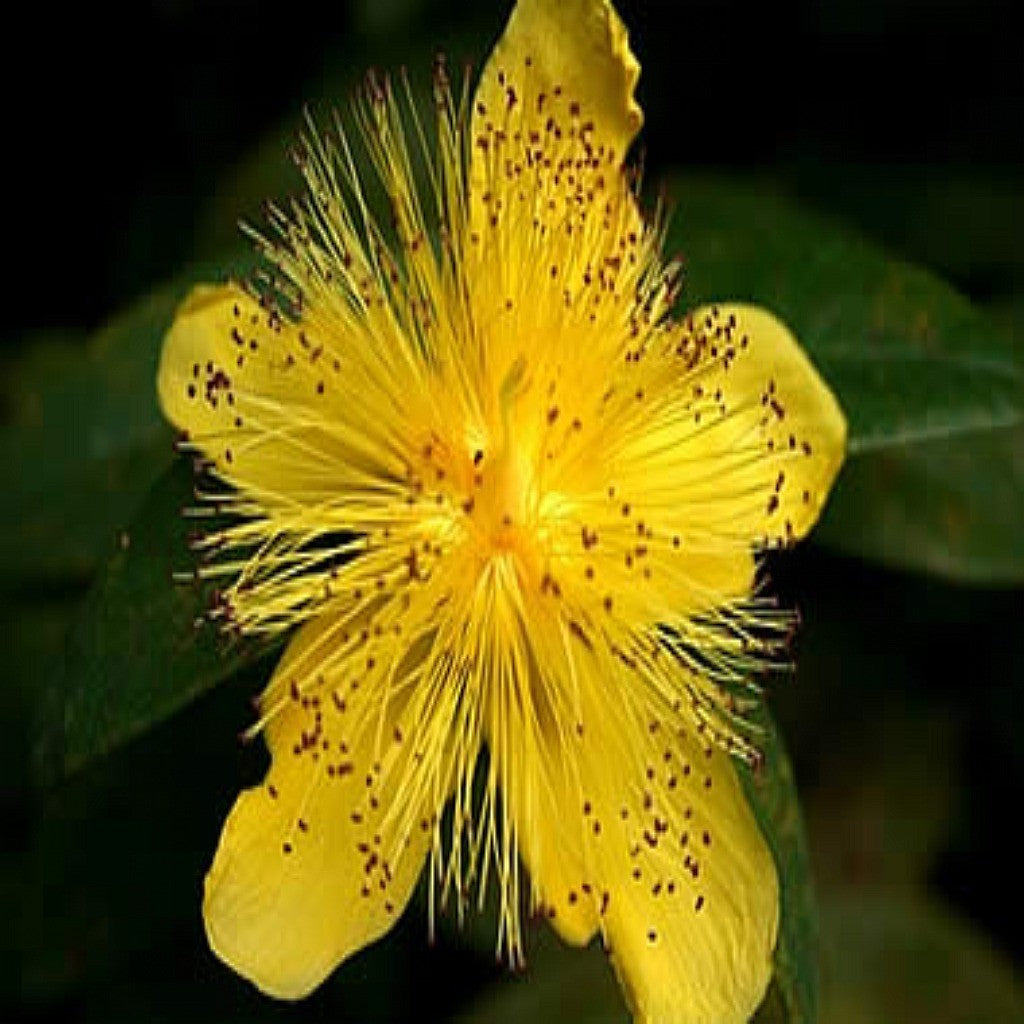
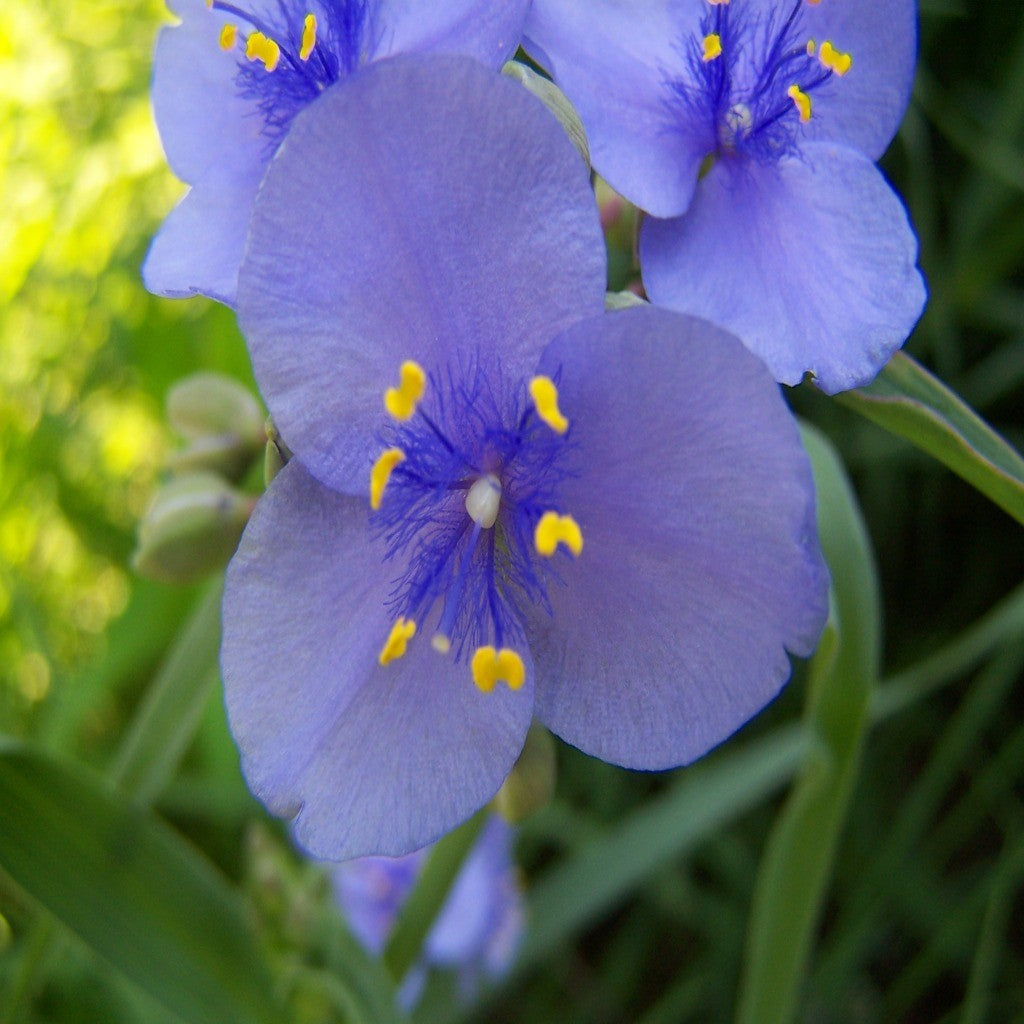
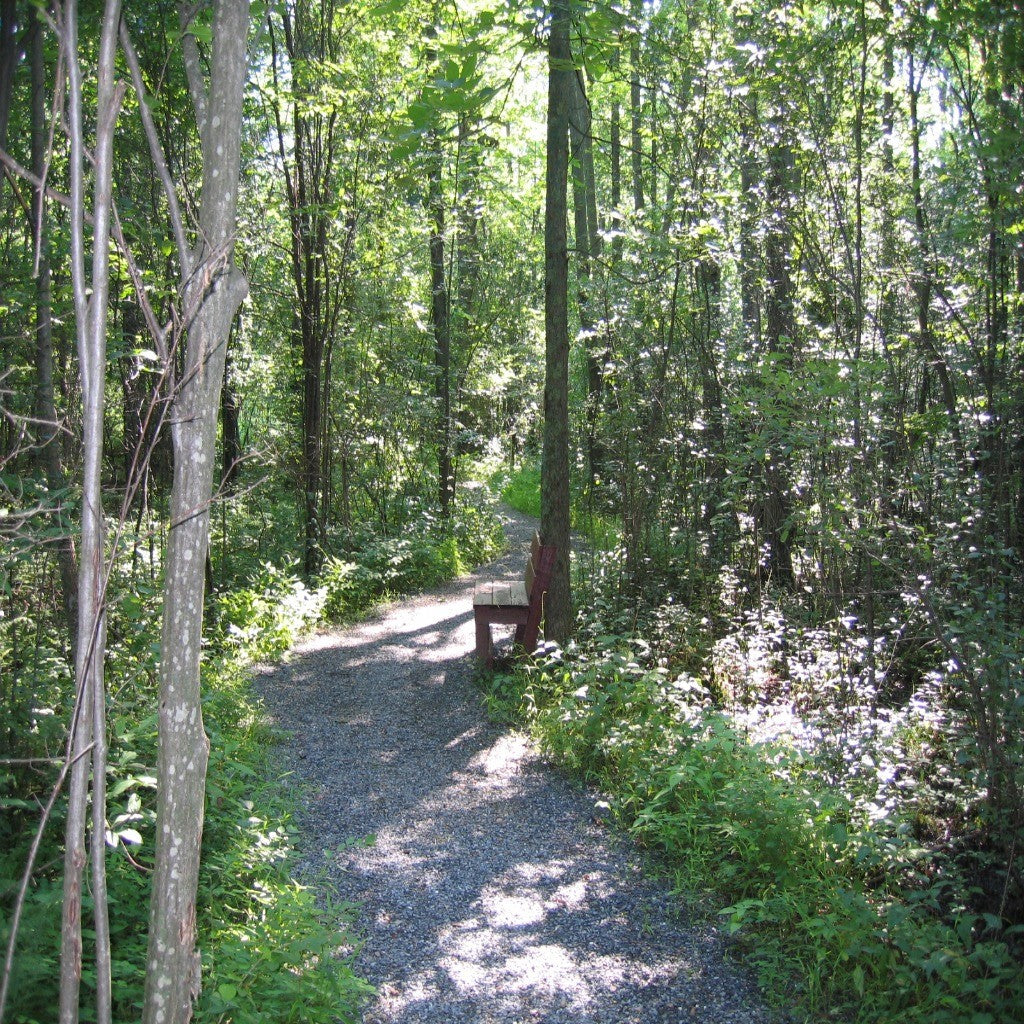
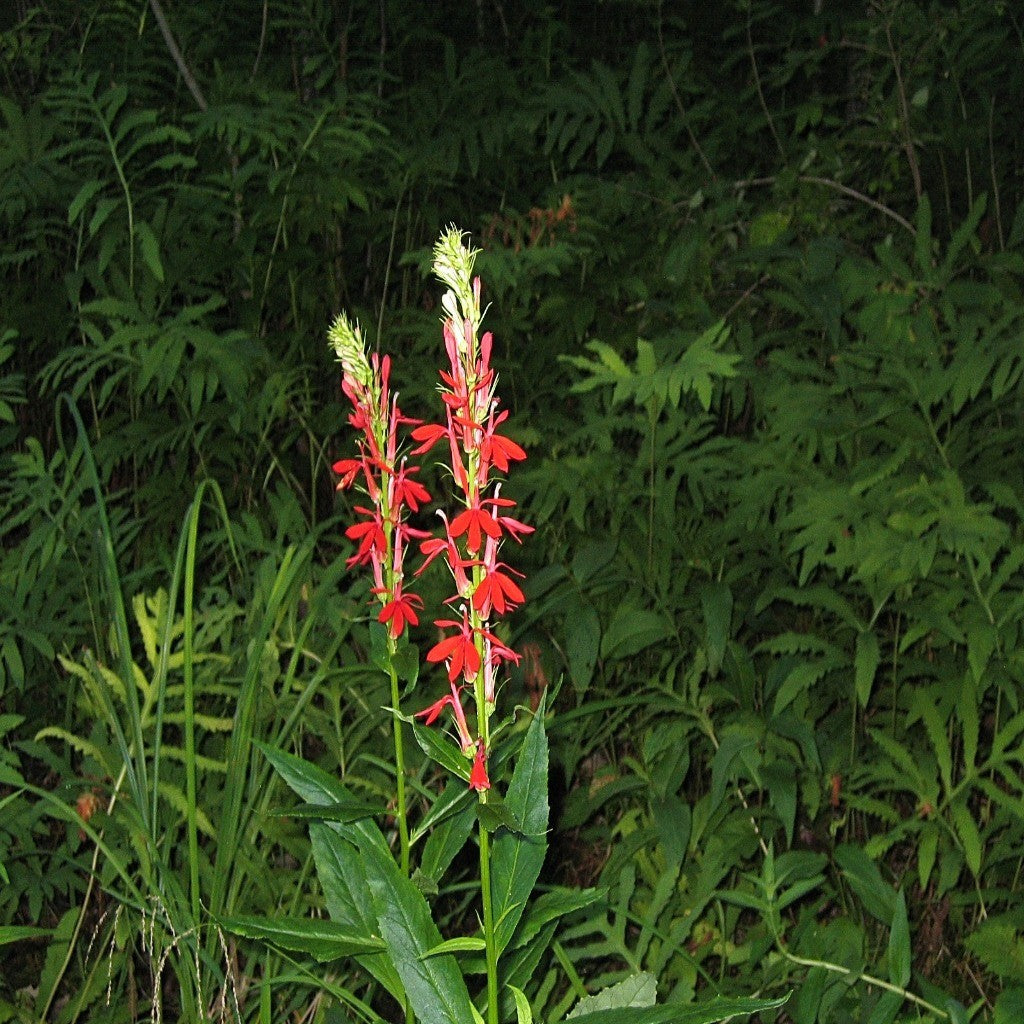
Don't Forget: Free Shipping on All Orders of $39 or More!
Have you always wished you could add some wildflower color to that open woodlands or woodland edge on your property, but could never find a mix that would do that? Well, here it is! We've created this premium native woodland mix of all shade tolerant species that will do well on a woodland edge or open woodlands where some sunlight filters. Wonderful, hard to find woodland species make up this great mix. Not recommended for deep woods. This woodland mix will start blooming late spring through late summer once they germinate. This mix is all perennials. Hand packed with 100% pure, fresh wildflower seed (non-GMO & neonicotinoid/chemical free) Mix of 12 Perennials with long lasting bloom.
Other Features: Easy to grow but needs patience, adapts to various soil conditions, pollinator friendly, low maintenance, long bloom time, borders, woodland edges, open woodlands, native.
Coverage Rate: 1 lb. covers 2,000 - 4,000 sq ft or 10 lbs. per acre.
Zones: 2,3,4,5,6,7,8,9
Germination Code: G2 - see planting guide tab
Light Requirement: Filtered Sunlight to Partial Shade
Shipping: Usually ships in 2 business days. For a guaranteed delivery date, please contact customer service.
What's in the Mix: (Contains 12 Wildflowers)
| Botanical Name | Common Name | Life Cycle | Approx. Height & Color |
|---|---|---|---|
| Lobelia cardinalis | Cardinal Flower | Perennial | 3-4 ft. Red |
| Aster umbrellarus | Flat Topped White Aster | Perennial | 1-2 ft. White |
| Aster novae-angliae | New England Aster | Perennial | up to 3 ft. Blue |
| Desmodium canadense | Showy Tick Trefoil | Perennial | 2-4 ft. Purple/Pink |
| Echinacea purpurea | Purple Coneflower | Perennail | 2-4 ft. Purple |
| Hypericum pyramidatum | Great St. John's Wort | Perennial | 3-4 ft. Yellow |
| Lobelia siphilitica | Great Blue Lobelia | Perennial | 2-3 ft. Blue |
| Mimulus ringens | Square-stemmed Monkey Flower | Perennial | 2-3 ft. Multi |
| Onoclea sensibilis | Sensitive Fern | Perennial | 2-3 ft. (Foliage) |
| Tradescantia ohiensis | Ohio Spiderwort | Perennial | 2-3 ft. Blue/Purple |
| Penstemon digitalis | Beardtongue | Perennial | 2-3 ft. White |
| Verbena hastata | Blue Vervain | Perennial | 2-3 ft. Blue/Purple |
About: Many seeds of woodland and rare wildflowers have built-in dormancy mechanisms which protect them from germinating before killing frosts or in times of drought. In the wild, seeds will lie dormant until they acclimate to their new environment or until the proper conditions for growth occur. To be successful with these types of species and growing them from seed you must realize that each species has a different method of naturally breaking dormancy. Woodland and Rare wildflowers are not instant garden flowers, and many take a great amount of patience before they germinate and bloom. Once they do, they are well worth the wait.
Different Ways Woodland and Rare Species Break Dormancy: Each species is different. Some are relatively quick and act like traditional perennials while others can take a few years. Below, we have outlined different ways these species break dormancy to help you better understand why some take longer than others. It will also help you to better understand why they don't germinate the first or second year so don't give up on them!
1. Some species germinate upon sowing in a warm location like any other perennial. They grow and leaf the first year to begin blooming the second and successive years.
2. Some species need a cold, moist stratification followed by an extended cold period ie. Fall/Winter.
3. Very small seeds need light to break dormancy so they should be planted no deeper than 1/8th of an inch and just a light layer of soil cover. They shouldn't be allowed to dry out. You can tell the size of your seeds by just looking at them.
4. Some species will need a warm, moist period followed by a cold, moist period and will need 2-4 full years of these alternating conditions to break dormancy.
Planting Information: Seeds needing scarification, nicking or any specialized treatments have been done before shipping to you. Select a planting location with partial shade or shade or filtered light. Prepare the planting bed so that the soil is well draining and rich in humus. The best way to do this is to till the top 12 inches of soil with a garden rake and then mix in several inches of humus, such as compost or peat moss. Plant the seed one inch below the surface of the soil unless you have small seeds which should be planted no deeper than 1/8 inch. Cover with a light layer of soil. Most seeds need to be protected from drying winds and sunlight so cover them quickly. Water well if planting in spring, water lightly if planting in fall.
Fern Spores: Direct sow fern spores on soil surface and pat them down for a good spore to soil contact.
Any Question Contact Us
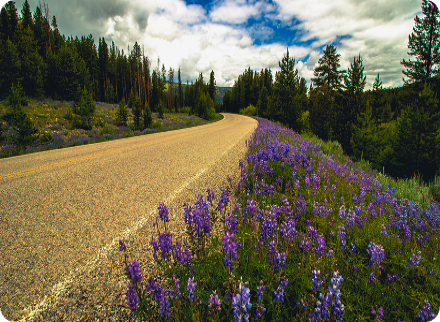
We offer CUSTOM Seed Mixes for All Your Projects!
We've got you COVERED for Landscape
Management, Conservation & More!
